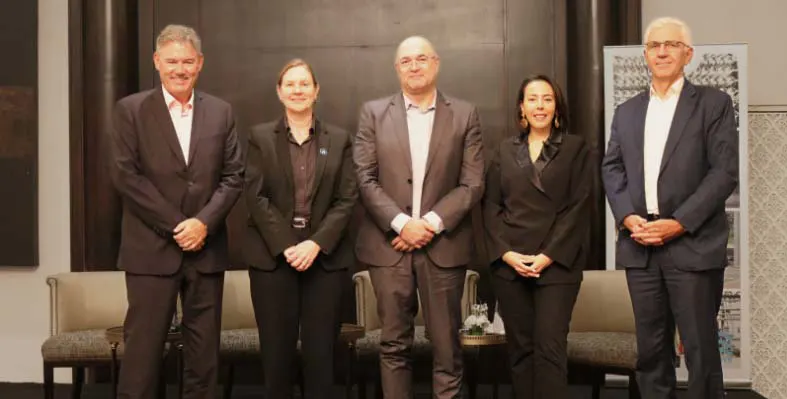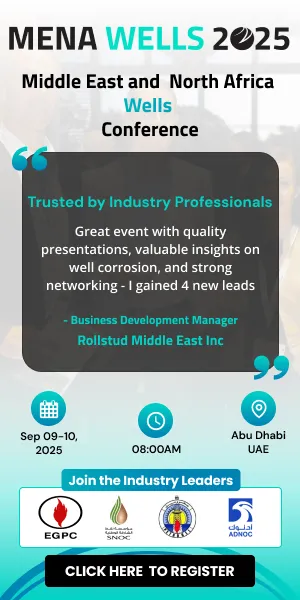Together with Vision Invest and GIC, TAQA has completed all financing arrangements for the Juranah Independent Strategic Water Reservoir Project (ISWR-1) in Makkah region, Saudi Arabia.
The project cost, worth more than US$408mn (AED1.5bn), has been secured through approximately 82% debt funding from both local and international banks, including Alinma Bank, Banque Saudi Fransi (BSF), Saudi Investment Bank (SAIB) and Commercial Bank of Dubai (CBD), demonstrating strong confidence from financial partners in the consortium's financial strength and the project's strategic importance.
TAQA holds a 35% stake in the project company and a 50% shareholding in the operations and maintenance (O&M) company, led by TAQA itself.
The Juranah ISWR-1 Project is pivotal in addressing emergency municipal water demand across the Kingdom, specifically in Makkah and Madinah regions during the Hajj season. With a total storage capacity of 2,000,000 m³, being developed under a Build, Own, Operate and Transfer (BOOT) scheme, and an additional 500,000 m³ capacity operational tanks under a Design, Build, Transfer (DBT) model, the project aims to significantly enhance the potable water transmission and distribution system.
Omar Al Hashmi, CEO, transmission & distribution, TAQA, said, “Achieving financial closure for the Juranah ISWR-1 Project is a significant milestone for TAQA and our partners. This project underscores our commitment to supporting sustainable development in the region and aligns with our strategy to expand our Transmission and Distribution business internationally.”
The Juranah ISWR-1 was the fourth transmission and distribution project being explored or pursued outside the UAE last year. In December 2023, TAQA signed an MoU to explore the possibility of becoming one of the shareholders in a project to develop a 900 km high-voltage direct current (HVDC) electricity subsea interconnector project between Greece and Cyprus. Prior to that, TAQA announced a strategic MoU for a feasibility study of an HVDC onshore infrastructure project in Romania. Earlier in 2023, TAQA invested US$30mn (AED113mn) into Xlinks First Limited, which aims to lay the world’s longest HVDC subsea cables between the UK and Morocco to transport renewable power to the UK.












